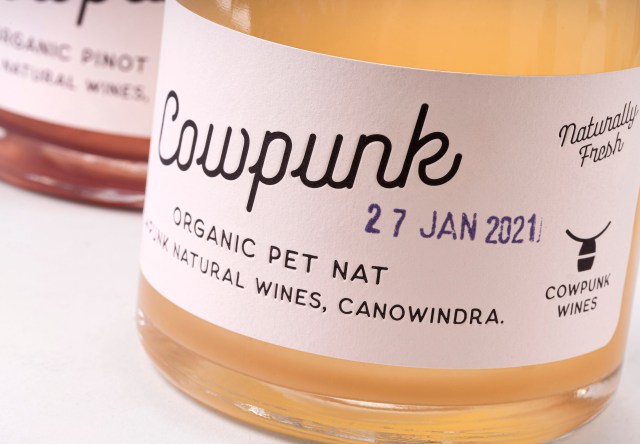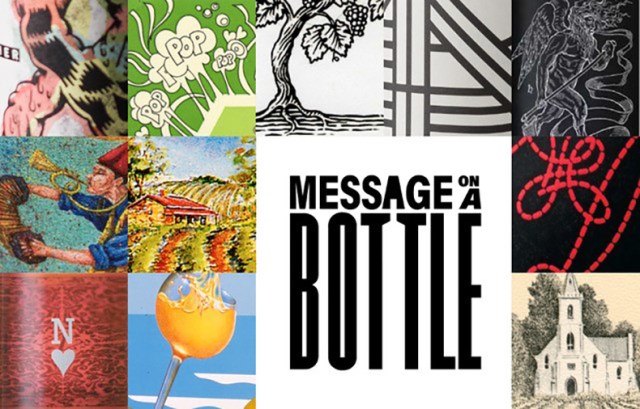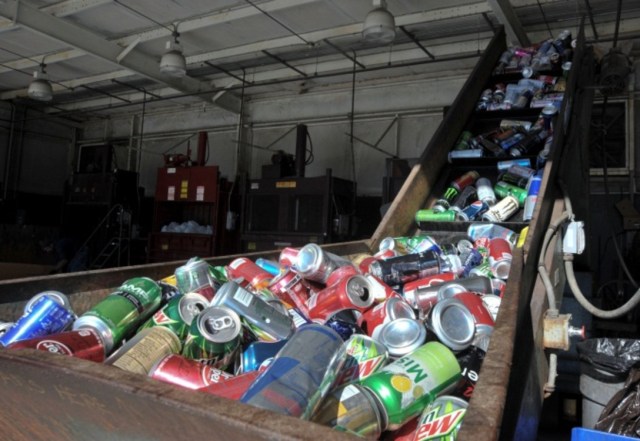
A group of wine and spirits and labelling experts recently got together at a MCC-hosted webinar to talk about all things sustainable.
Casella Family Brands innovation manager Pieter Klein spoke about the company’s carbon neutrality goals and how sustainability ties into that plan, adding that consumers are very actively looking for brands that are sustainable.
“Sustainability is such a big and potentially quite complicated topic, especially when you look at in terms of how you capture the data, or the type of benchmarks that you put yourself up against. So as a business, sustainability is something that is important to the Casella family. We’re really working very actively in that space,” he said.
“From a carbon standpoint, packaging is one of the largest contributors to carbon footprint. But it’s not the only contributor to that carbon footprint overall. So we’re engaged in a lot of discussions at the minute with different suppliers, just to see what we can do across all the packaging that we have to minimise our carbon footprint wherever possible.
“We have carbon neutrality goals and we’d like our entire business to be carbon neutral. There’s a lot of work that is being done currently around waste management, and energy that goes into growing and maintaining grapes for wines.
“And then there’s also a lot of work that’s being done around water management, because water is obviously such an incredibly precious resource.”
Round Pond (US) estate winemaker John Wilson agreed, adding that the business is constantly improving its practices and becoming more sustainable.
“Notably, in 2012, we participated in a project to preserve and improve the Napa River. And so we did the Napa River Restoration Project over approximately one acre of riverfront property. And in the process, we overhauled the products we were using in farming to move away from certain pesticides, herbicides and fungicides and began farming in a more sustainable way,” he said.
“And the river restoration project, it included widening the river to restore native habitat to spawning fish, and other riparian and fauna.
“The other element is pushing towards getting all the packaging elements that we recommend to clients as sustainable as possible to better the environment.”
Denomination CEO and co-founder Rowena Curlewis spoke about the process behind how it works with its customers to create a sustainability message.
“We make sure that when we receive a brief from a client, we’re asking them about their vision in terms of sustainability. And if not, we work with them to develop one for their brand. So, we need to be making sure that sustainability is part of that discussion,” she said.
“The other part is our future-proof model which involves looking at a company’s brand structure and all of the different ways they can improve their footprint. And then as a company, we also do sustainability training.”
However, Curlewis also spoke about some of the biggest challenges when it comes to sustainability, including the ability to get non tree fibre materials for labels.
“I’m just worried about the impact that we’re having on our forests at the moment, because with the push against plastic, we’ve got increased pressure on our forests, because we need more paper. So how do we come up with another material so that we’re not just chopping down forests all the time?” she questioned.
“So, we need to make this kind of specialty stocks mainstream. We need we need everyone to get on board – our printers, paper manufacturers, etc. to really push that agenda.
“Other questions we need to ask is if we’re using renewable energy at the printing factory or question the inks used in wine labels.”
Curlewis used a label job that it created together with MCC – for natural wine brand Cowpunk – as an example of labels made with sustainability in mind.
“We reduced all of the embellishments on that label and created this beautiful label with just two-colour print and debossing – no foiling, no high bills, no varnishes,” she said.
In conclusion, Klein spoke about how businesses are already advancing their sustainability efforts, especially around increasing their recycled content, or biobased elements.
“As soon as we’ve gotten our heads around a lot of what’s happening, how can we then continue to challenge ourselves to improve? And we also need to be aware of and educate or be educated on how different packaging elements come together and affect recyclability,” he said.
MCC Label regional purchasing manager Julia Post added that many of its customers are starting to realise how important the products that they purchase are.
“These things might be a transition for people now, but a couple years later it will be just the norm. And I think that people are a lot more engaged and are taking their knowledge outside of the walls of a company so a larger group of people become part of this culture,” she mentioned.


